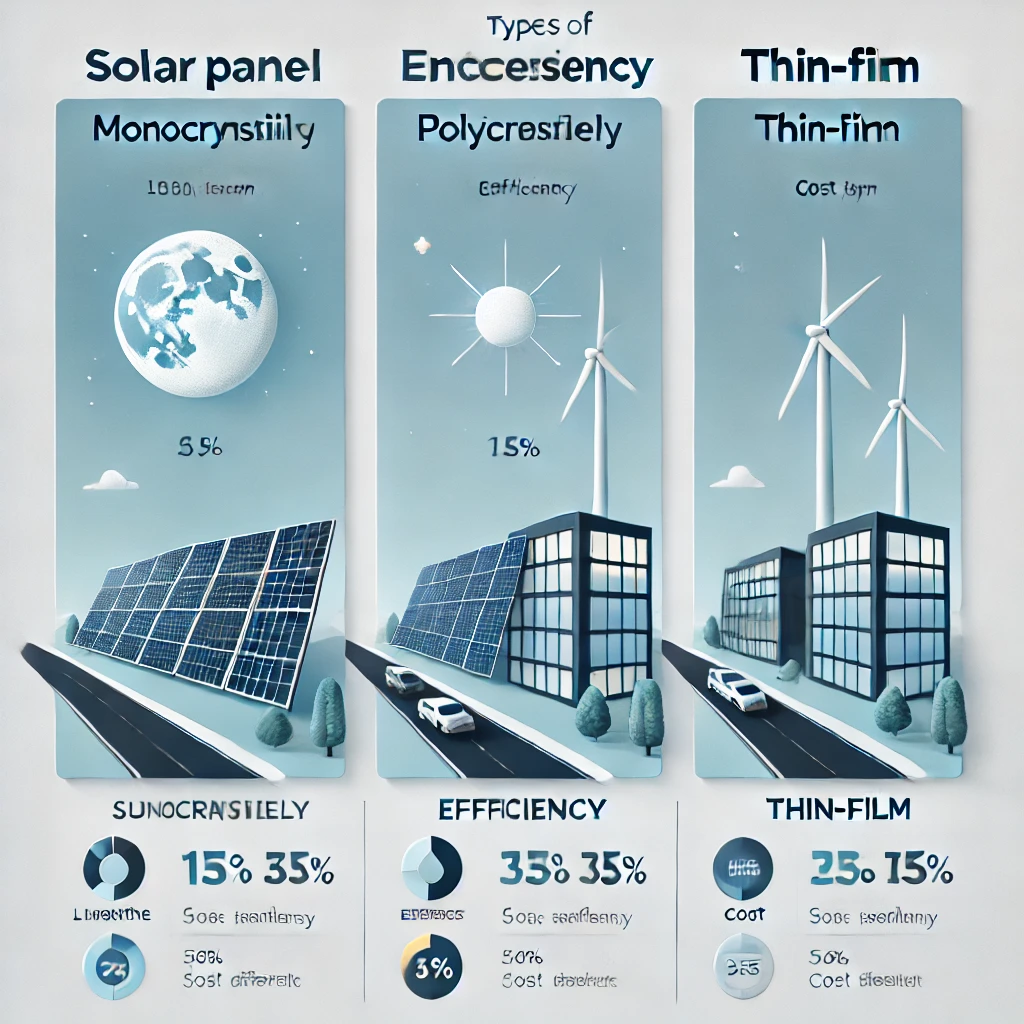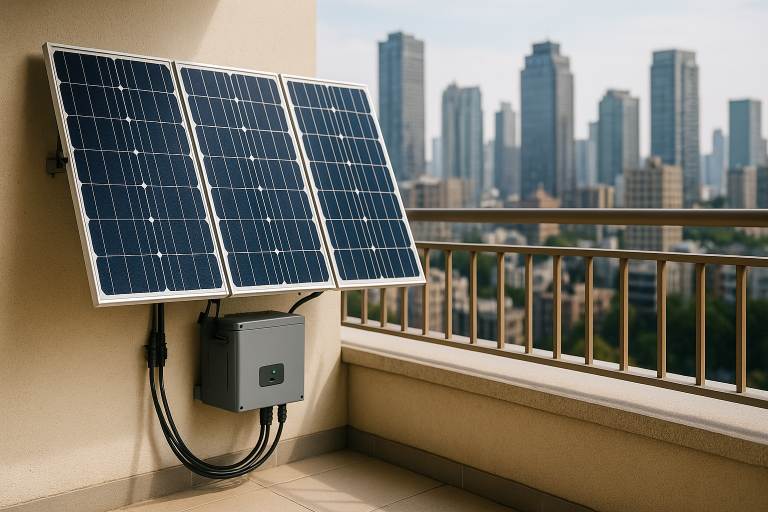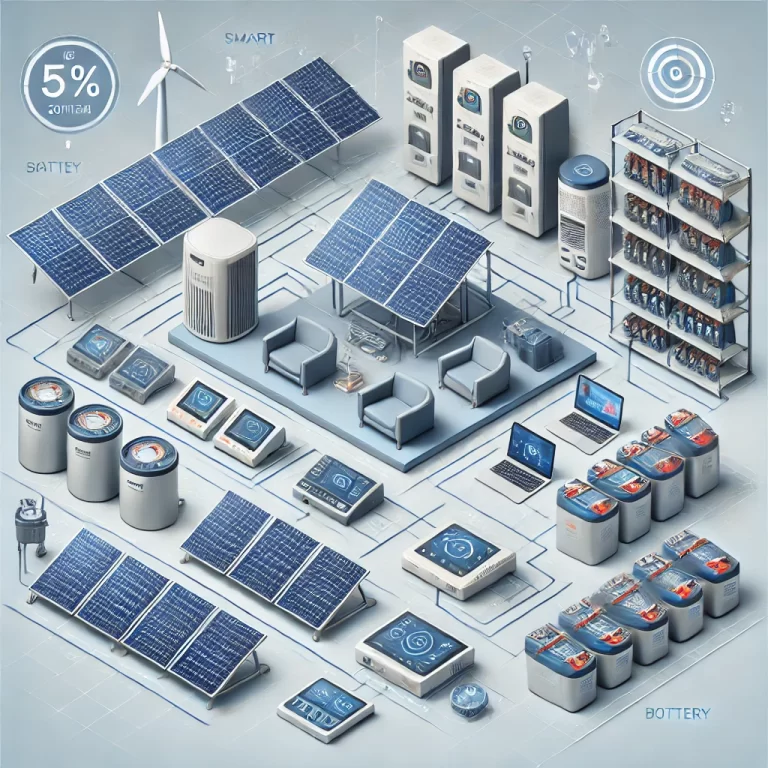1. What Is the Average Lifespan of Solar Panels?

? Typical Lifespan
• Monocrystalline Panels: 25-30 years (Highest efficiency and durability).
• Polycrystalline Panels: 20-25 years (Slightly lower efficiency but more affordable).
• Thin-Film Panels: 10-20 years (Lightweight and flexible but less efficient).
? Warranty Periods
Most manufacturers offer performance warranties ranging from 20 to 25 years, guaranteeing 80-90% of the original output by the end of the warranty period.
2. Factors That Affect Solar Panel Lifespan

? Environmental Conditions
• Weather: Hail, snow, extreme heat, and heavy rain can reduce panel efficiency.
• Pollution & Dirt: Dust and debris accumulation can cause shading and efficiency loss.
? Installation Quality
• Poorly installed panels are more prone to damage and inefficiency.
• Always hire qualified professionals for installation.
? Maintenance Practices
• Regular cleaning and inspection can extend panel lifespan significantly.
3. How to Extend the Lifespan of Solar Panels

? Keep Panels Clean
• Remove dust, debris, and bird droppings regularly.
? Monitor Performance
• Use a solar monitoring system to track energy production and detect issues early.
? Check for Physical Damage
• Inspect panels for cracks, loose connections, or faulty wiring.
? Professional Maintenance
• Schedule annual maintenance checks to ensure optimal performance.
4. When to Replace Solar Panels
If your panels are producing significantly less electricity than they used to, it may be time to replace them. This usually happens when:
• The panels are more than 25 years old.
• You notice physical damage or degradation of performance.
Conclusion: Making the Most of Your Solar Panels
By understanding how long solar panels last and how to maintain them properly, you can maximize their lifespan and efficiency. Whether you’re using monocrystalline, polycrystalline, or thin-film panels, following the right practices will ensure you get the most out of your investment.
? Curious about how to make your solar panels last longer? Follow these tips to boost their efficiency!




